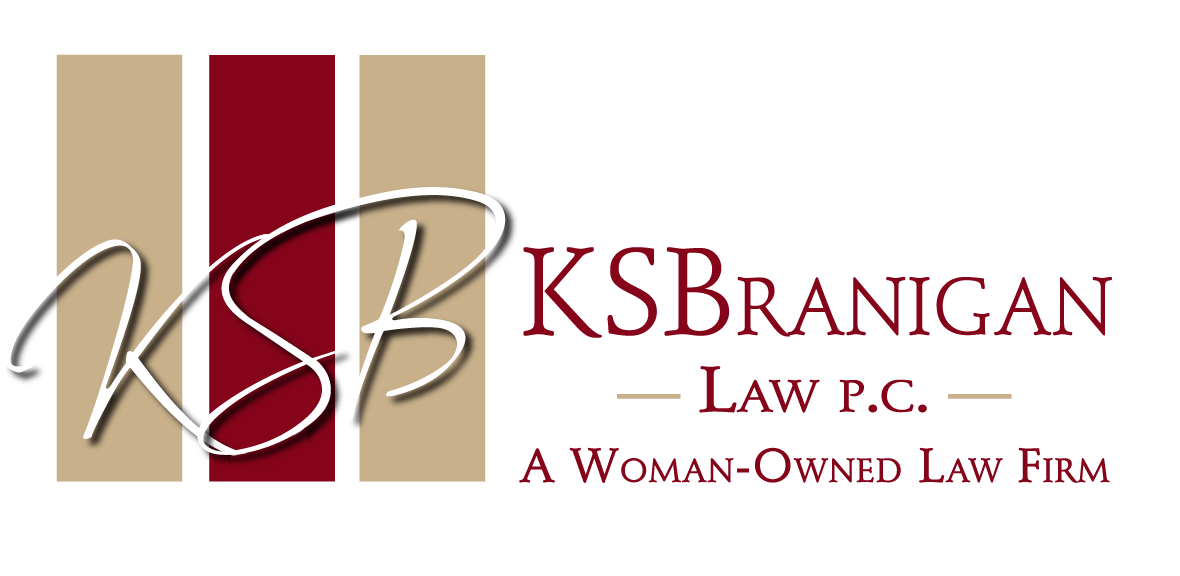Press Release
March 21, 2020
Montclair, New Jersey
On March 21, 2020, Governor Phil Murphy announced Executive Order 107, which orders the temporary closing of the brick-and-mortar premises of all “non-essential” retail businesses and the cancellation of all public gatherings, starting at 9:00 p.m. on Saturday, March 21, 2020. The Executive Order states that retail businesses providing “essential goods and services” may remain open. The Executive Order also requires other types of businesses to accommodate teleworking or work-from-home arrangements for their workforce whenever practicable, and to limit the physical presence of workers on site to the minimal number of workers who cannot perform their functions remotely but are necessary to ensure the essential operations of the business. These directives have been established to mitigate community spread of COVID-19.
The Executive Order identifies “essential retail businesses” that may remain open as: grocery stores; farmer’s markets and farms that sell directly to customers, and other food stores; pharmacies and medical marijuana dispensaries; medical supply stores; gas stations; convenience stores; hardware and home improvement stores; retail functions of banks and financial institutions; laundromats and dry-cleaning services; stores that principally sell supplies for children under five years old; pet stores; liquor stores; car dealerships for the purpose of maintenance and repairs; printing and office supply shops; and mail and delivery stores. While bars and malls are closed, restaurants may stay open to provide take-out and delivery. These retail businesses are to adhere to social distancing guidelines of six feet of separation whenever possible and to frequently use sanitizing products on common surfaces.
Casinos, entertainment businesses, gyms, facilities providing personal care services (e.g., barber shops and salons, nail salons, spas, tattoo parlors, and private and public social clubs) as well as public libraries are required to close. All public, private, and parochial preschool programs, as well as elementary and secondary schools shall remain closed until further notice. All higher education institutions continue to cease in-person instruction for the length of this Order, with only limited exceptions on a case-by-case basis.
All other types of businesses and non-profits are permitted to operate but must allow employees to work remotely wherever practicable, limit workers on site to those who cannot work remotely and who are essential to operate the business, and to implement social distancing policies for workers who are present. The Executive Order provides examples of certain types of employees who may need to be physically present at a job site, including: law enforcement officers, fire fighters, and other first responders, cashiers or store clerks, construction workers, utility workers, repair workers, warehouse workers, lab researchers, information technology maintenance workers, janitorial and custodial staff, and “certain administrative staff.”
The Executive Order does not limit or restrict the provision of healthcare or medical services to members of the public; essential services for low-income residents, such as food banks; the operation of media services, including newspapers, television and radio; law enforcement agencies; or operation of the federal government or movement of federal officials.
In addition, the Executive Order provides that New Jersey residents are required to practice social distancing. However, while limiting their social interactions as much as possible, residents can still leave their homes to, among other things, acquire medical attention or essential social services, acquire assistance from law enforcement, obtain goods or services from “essential retail businesses,” obtain takeout food or beverages, visit family or “close friends.” Residents can also go to work (where necessary) and spend time outdoors as long as they practice the social distancing mandates of the Executive Order.
To read Executive Order 107 in its entirety, click here.
This summary is for informational purposes only and is not intended to constitute legal advice. This information should not be reused without permission.


